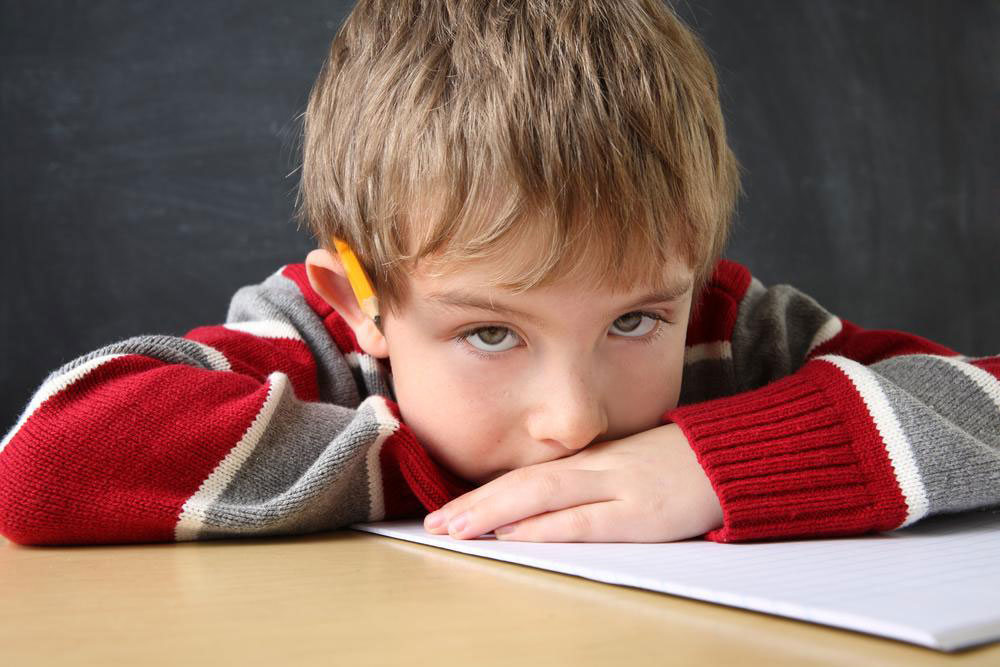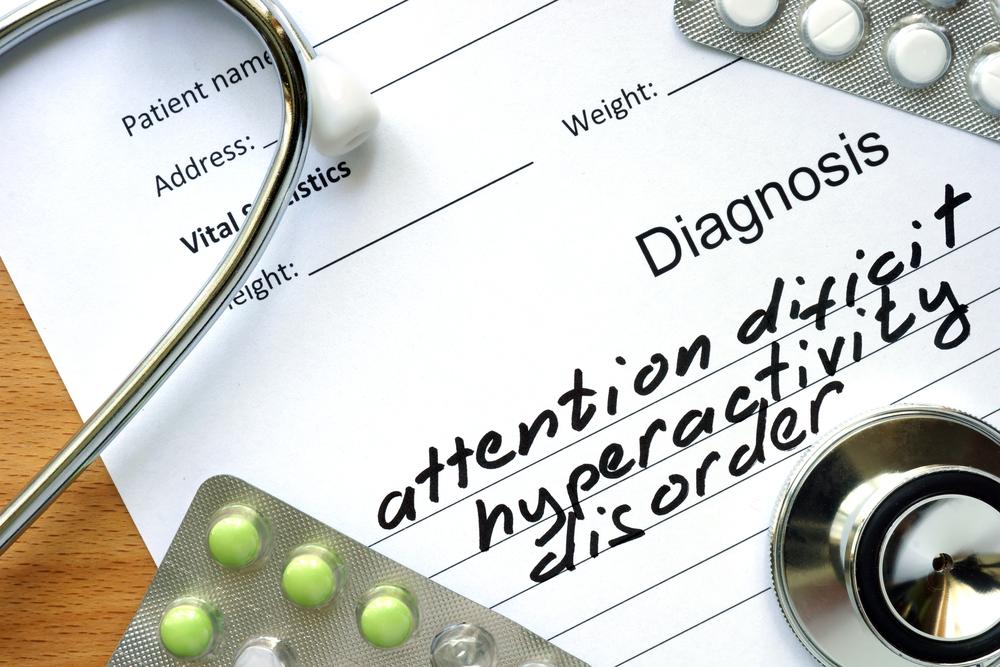Effective Strategies for Managing ADHD
This article explores effective ADHD treatment options, including behavioral therapies, medications, and combined approaches. It highlights the history, techniques, and benefits of each method, emphasizing the importance of tailored interventions for better management. The article also discusses advances in medication and the role of parental and educational support to improve focus, behavior, and social skills in individuals with ADHD.
Sponsored

Research into ADHD management has identified various approaches, ranging from home remedies to comprehensive therapies aimed at eliminating symptoms. Safety concerns have prompted focus on three main treatment avenues: behavioral techniques, medication, and their combination. While these methods primarily offer short-term relief, they are widely used to improve focus, behavior, and social skills. These approaches include behavior modification, pharmacological treatment, and combined therapies, each tailored to the individual needs of the patient.
Let's explore these options more closely.
Behavioral Strategies
Behavioral interventions have a history spanning over three decades, beginning with their introduction by O’Leary & Becker in 1967.
Behavioral therapy has proven successful in addressing disruptive behaviors, attention issues, academic challenges, and social skills deficits. It comprises four main categories; here’s a detailed overview:
Cognitive Behavioral Therapy (CBT)
This approach aims to help individuals develop self-control through techniques like self-instructions, problem-solving, self-monitoring, self-evaluation, and cognitive modeling. Patients meet therapists twice weekly, learning to manage impulsive and inattentive behaviors effectively. Children might be trained to use cues like saying “stop” when they feel the urge to act inappropriately.
Parents, teachers, and caregivers also play a crucial role through education and training.
Parent and Teacher Training
Programs focus on contingency management strategies, teaching guardians behavioral techniques to support children. In classrooms, reward systems like token economies and reward points are used to motivate positive behaviors and manage attention and impulses. Techniques like timeout, response cost, and specific responses to behaviors help reinforce appropriate conduct.
For more intensive intervention, specialized settings implement contingency management within structured environments, such as classrooms or treatment centers.
Intensive Behavioral Programs
These programs combine clinical techniques and contingency management, often involving day camps where children participate in behavioral activities and parental training sessions. The goal is to enhance social skills and self-control gradually, with progress tracking at home.
Integrating Medications with Behavioral Therapies
Combining medication with behavioral techniques offers a promising approach, often yielding better outcomes than either method alone. Adjustments in medication dosage typically coincide with observed improvements, allowing for a tailored treatment plan.
Pharmacological Options
Advances have shown stimulants, like methylphenidate and amphetamine-based medications, as the most effective for ADHD. Over 150 controlled studies support their efficacy, noting improvements in focus, self-control, social interactions, and motor skills. These medications, including Vyvanse, Concerta, and Adderall XR, typically act quickly and are available in short or long-lasting formulations, with weekly dosing schedules lasting 8-12 hours.






